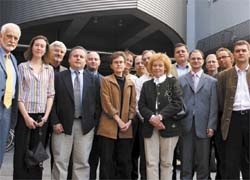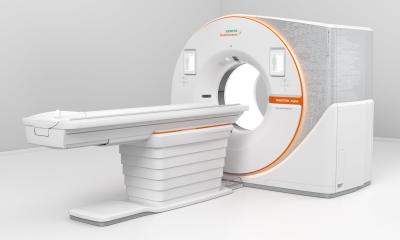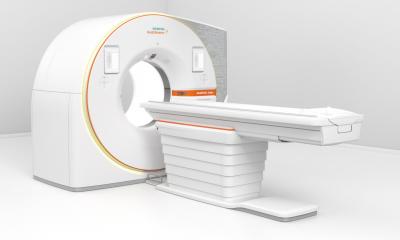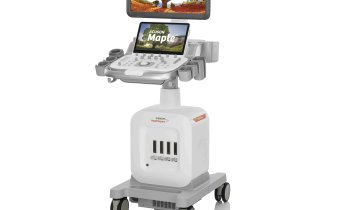Biochip for the early detection of cancer
The Innsbruck Biocentre, led by Professor Lukas Huber, is involved in a major European research project. This involves the development of a 'biological interface' for a new semiconductor developed by Siemens.

The objective is to develop a chip that will be able to take numerous medical-diagnostic measurements simultaneously. This works by electronically recording and evaluating changes in the chip’s frequency patterns. Certain proteins, or DNA-sequences, are fixed onto the sensor area of the chip, which, when coming into contact with other proteins (via a drop of blood, for example) cause changes in the frequency pattern. To put it simply, these reactions could be detected and immediately evaluated through a special reader.
The researchers hope to extract a multitude of information from just a single drop of blood or serum, which could revolutionise the diagnoses of complex diseases, such as certain types of cancer.
With their Innsbruck research team, Prof. Huber and Prof. M Widschwendter are concentrating on the proteins and DNA-sequences, as well as on the development of the relevant markers, which, once fixed to the chip, will deliver that information. Researchers at the Technical Research Centre VIT, in Helsinki, are working on a process to chemically fix the DNA-strings from Austria to the measuring field. The test models finally will end up at Siemens, in Munich, where the new semiconductor-technology is being further refined. Other partners in the project, for which the EU has provided subsidies totalling Ä3.8 million until 2008, are based in Great Britain and Sweden.
01.05.2006











